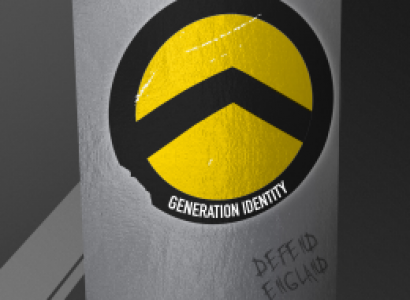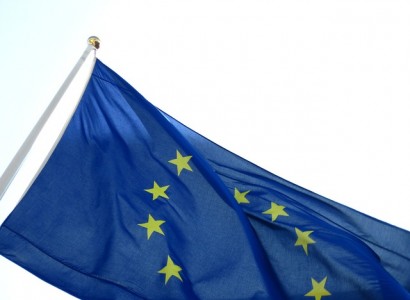
The social polarisation of a globalised world continues. Toxic discourse around ethnicity, identity, citizenship, belonging and nationhood has led to the fracturing of communities along the lines of skin colour and accents rather than shared values. And although societies are far more conscious today to not tolerate racism, what is clear also is that fear and […]
Continue Reading
A footnote to Europe’s ongoing crisis is the rising use of anti-Muslim rhetoric. Hungary’s nationalist prime minister, Viktor Orbán, defended the erecting of a razor-wire fence on its southern border through the language of cultural and religious difference. Orbán stated that “most of them are not Christians, but Muslims,” and that “Europe and European identity is rooted in Christianity. Is it not worrying in itself that European Christianity is now barely able to keep Europe Christian?” Antal Rogan, the parliament caucus leader of Orbán’s Fidesz party, said on Tuesday that “the very existence of Christian Europe” was at stake. Rogan also told the pro-government newspaper Magyar Idok “Would we like our grandchildren to grow up in a United European Caliphate? My answer to that is no”. Ivan Metik, a spokesperson for Slovakia’s interior ministry spokesman said last month: “We want to help Europe with the migration issue. We could take 800 Muslims but we don’t have any mosques in Slovakia so how can Muslims be integrated if they are not going to like it here?” In July, Slovakia’s prime minister, Robert Fico, argued that Christians would cause less tension. He added that terrorists might attempt to mingle among Muslim refugees. [...]
The post Europe’s current crisis reflects its own anxieties about Muslims appeared first on Religious Reader.
Continue Reading